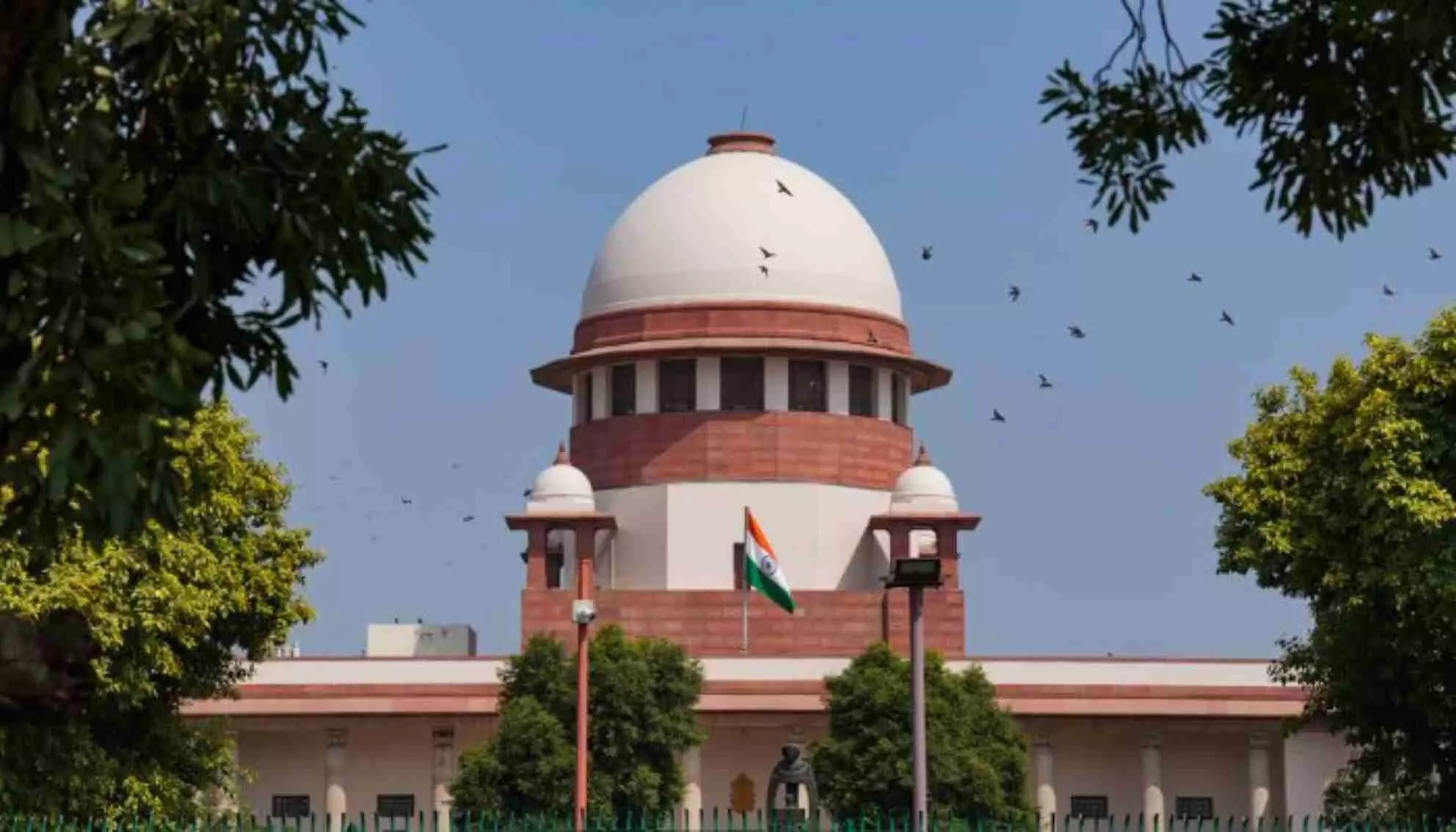Latent inconveniences?

Following a harsh reprimand from the Supreme Court, the defense ministry directed the Controller General of Defence Accounts (CGDA) to disburse all OROP arrears in a single instalment by March 15 — the deadline fixed by the apex court. While this may sound reassuring, it is equally bizarre because it took a contempt of court threat from the Supreme Court to the Ministry of Defence to arrive at this affirmation. One is nudged to wonder whether the subsequent delays in disbursement of arrears to date were a result of the lackadaisical approach of the government, or was there some genuine impediment. One Rank One Pension being a highly emotive issue, the government may have conceded to disbursing arrears within the stipulated time frame under political pressure. Of course, it also had the compelling liability of complying to the apex court’s order but are there some more fundamental dichotomies that are left unaddressed? It appears so. The OROP scheme is a brainchild of the BJP government at Centre. The government notified the scheme on November 7 — implemented with effect from July 2014 — and the Supreme Court upheld it in March 2022. Since the scheme had to be revised periodically after every five years, the Union cabinet approved the first revision with effect from July 01, 2019, with arrears to be paid for the period between July 2019 and June 2022. The controversy in question stems from the intended delay after three subsequent extensions. The first extension of three months was granted in June 2022 and the second for the same time period in September. Finally, through its order dated January 9, the Supreme Court set the ultimate deadline to March 15. Within a span of 11 days, the Central government, through a communication dated January 20, extended the deadline for the payment of arrears and decided to pay the same in four instalments. The “unilateral” decision, in most certain terms, ignored the order of the Supreme Court. The Supreme Court has directed the Defence Ministry Secretary to the pension scheme “to file a personal affidavit on why this unilateral direction was passed when the Supreme Court had passed orders.” He further warned that “either the secretary withdraws the communication of 20th January or we will be constrained to issue a notice of contempt to the Ministry of defence." The court also made it clear that it could consider granting interest to the ex-servicemen for the delayed payments at the rate of 9 per cent, if the process is delayed further. The breach of principle is one aspect of the problem. The other is the intangible inconvenience faced by the intended beneficiaries. Senior Advocate Huzefa Ahmadi, appearing for the army personnel, argued that “4 lakh pensioners have passed away in the interregnum and they will never get the benefits." It is true that the issues will be settled for a while after the Central government pays the assured arrears within the stipulated deadline, but it may be pertinent to delve a bit deeper into the underlying causes of the delay so that such inconsistencies can be better avoided in the future. If one would recall, the major argument during the 2013-15 OROP protests was that recurrent expenses on the scheme could be financially unsustainable. Is the delay in disbursement of arrears a signifier of the same? Possibilities can’t be ruled out. Notably, pensions already account for one-fifth of the total defence budget. The expenditure of the Defence Ministry on pensions was Rs 1.18 lakh crore in 2019-2020 and Rs 1.28 lakh crore in 2020-2021. The implementation of the OROP scheme may add a great deal of burden on the budget. One may note that military personnel in India fall under two categories —the officers and the ranks. Ranks are soldiers who usually retire at the age of 35, much before the usual retirement age of 60 years. While bringing the pensions of the ranks at par with standards was a well-intended move, the required financial outlay might be substantially high. They are also to be paid pensions for a longer duration. Rather than pushing inconveniences under the carpet, the government should come out with honest justifications, and chalk out a sustainable path forward.



